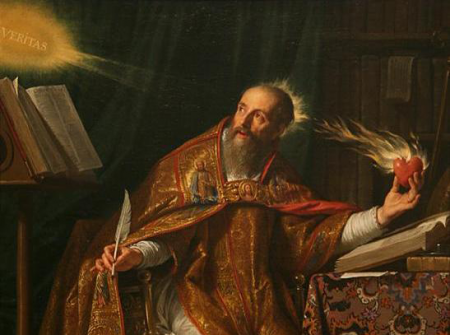Forms of Love, the first year spring semester core course, asks students to explore that exceptional and ordinary thing: love. How is love different between cultures, across the ages, for a friend, a mother, a lover, or God? This year’s Love Core looks primarily at the ideas of love, foundational to European societies, which derived
TagMichael David Harris
Discovering Milan and Michelangelo
This year’s trip to Italy, as part of the core course The Florentine Renaissance and its Values, offered an additional excursion to ECLA Academy Year and BA First Year students: a day in Milan.In the course’s history, where students spend several days in Florence at the beginning of the spring term, brief visits to other
Visit to Jewish Museum of Berlin: New Experiences of Remembering
I had heard much of Daniel Liebeskind’s deconstructive architecture of Berlin’s Jewish Museum before visiting, so was therefore surprised by the presence of a romance-style building at the museum’s location.My visit was shared by a collective of ECLA students and guided by faculty art historian Professor Aya Soika and winter term guest professor Dr. Irit Dekel.
Tutti Contenti, Saremo Cosi: The Marriage of Figaro at Staatsoper Berlin
As part of the Forms of Love core course, on February 26th students and professors attended a showing of Le Nozze di Figaro at the Staatsoper Berlin at Schiller Theatre. In conjunction with this, Professor Geoff Lehman organized a preparatory discussion on the piece’s creative use of music to illuminate the narrative. The Marriage of
Rommel on Sympathy, Self-interest and Literature’s Significance
The influence of literature on popular discourse, and more surprisingly, the dependence that a society has on this discourse, came to light in a January 31st lecture by Professor Thomas Rommel of Jacobs University. During the 18th Century Britain became a primary site for the intensifying relationship between political and cultural concerns. Eventually these concerns
Martha Nussbaum on Liberal Arts
Since publishing her book Cultivating Humanity in 1997, Martha Nussbaum has been a major voice in arguing for the importance of the liberal arts. Her follow-up book, Not for Profit: Why Democracy Needs the Humanities, was published in 2010. In it Nussbaum sees education in an even more dire predicament, since it is increasingly defined in terms
Marx vs. Socrates: Considering Time on Questions of Woman and the Family
What connection can be made between Socrates and Marx, men separated by over two thousand years, but both hugely influential on the history of Western civilization? Are they both intellectuals? Certainly. Both philosophers? Possibly. Both revolutionaries? Not necessarily. The question that ECLA gathered on November 18 to discuss was their relevance for contemporary controversies over
Economic Incentives for a Better Citizen
For most students and faculty, including myself, the ECLA community lies outside of their home country. We live in a state of which we are not citizens. Nonetheless many of us retain an undiminished concern for the political conditions of the country where we were born. In such a situation, addressing the question of what

